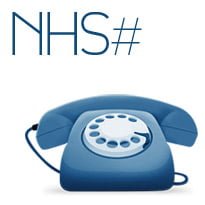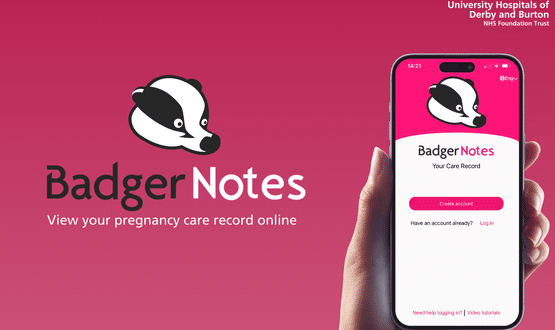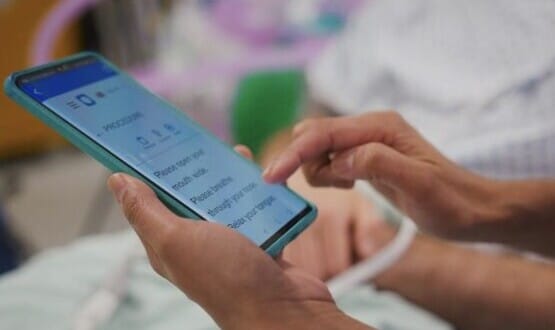End of NN4B delayed until December
- 24 April 2014

The decommissioning of the NHS Number for Babies service has been delayed until December 2014, NHS England has announced.
EHI reported earlier this month that only child health system is currently compliant with the Personal Demographics Service, which the NN4B is being replaced with.
The NN4B has been in use since 2002, and the contract with BT, who supplies the service, was originally due to expire in 2008. It was first extended to June 2013 before delaying until June 2014 and is now delayed further until December 2014.
A news bulletin on the project issued earlier this month said that although the Health and Social care Information Centre had anticipated that most suppliers would have upgraded their maternity and child health systems to be PDS compliant by June, the centre has decided to extend the current service.
“Whilst a number of suppliers are expected to meet this timeframe, there are a significant number of maternity and child health sites that will not be upgraded by the end of June,” says the bulletin.
“To minimise the impact of the transition on maternity and child health services, HSCIC has agreed that the NN4B system provider will continue the service until 31 December 2014.”
A spokesperson from the HSCIC told EHI that in developing the NN4B replacement “a number of technical options were considered.”
“A number of factors including technical limitations, compatibility and security requirements of the existing and replacement NHS Spine Service led to the conclusion that it was not feasible to emulate the current interface to meet those requirements,” said the spokesperson.
Maternity systems that have not been upgraded to use PDS will not be able to register births and receive NHS numbers for babies and child health systems that are not PDS compliant will not be able to receive emails containing all the births allocated to their organisation.
Although most suppliers are in the process of working through five phases to become PDS compliant, set out by the programme, several trusts which use systems from small and medium enterprises, will be forced to use the web-based Birth Notification Application to log in and receive information.
The BNA is being put in place by the HSCIC as an interim solution, but for trusts that use systems from suppliers that have no plans of becoming PDS compliant, and do not want to switch suppliers, this will become permanent.
A spokesperson from the HSCIC told EHI it is “confident” most suppliers will meet the timeframe for transition and that only a small number of sites use systems that are not PDS compliant.
“At present, the forecast shows that less than 50 sites, out of a total of 283, will need to use BNA, and this will be regularly monitored in the run up to transition,” said the spokesperson.
A source at a trust that uses a supplier that will not become PDS compliant, said that it will eventually have to put in an extra layer of integration to gain access to the service.
“In the interim period we’re going to have more manual processes and people having to do things twice, and this involves a lot of double entry of data which staff won’t be happy about,” he said.
“What they have already works and has been working for 10 years. It’s just counter intuitive, the whole thing.”
He added that becoming PDS compliant is a very expensive process that smaller suppliers would struggle with.
“Spine connectivity is a big level of work. They need to take more notice of what goes on in the market; this is certainly a barrier for SMEs.”
However, despite the trust having to suffer a reduced service, the source told EHI that there is “no way we are getting a new system.”
“The view some people might have is that if the system is not compliant we have to get a new one, but to me that’s like buying a new car because your tire is flat,” he said.
The HSCIC said that the reason for replacing the NN4B is that it is “reaching its technical end of life.”




